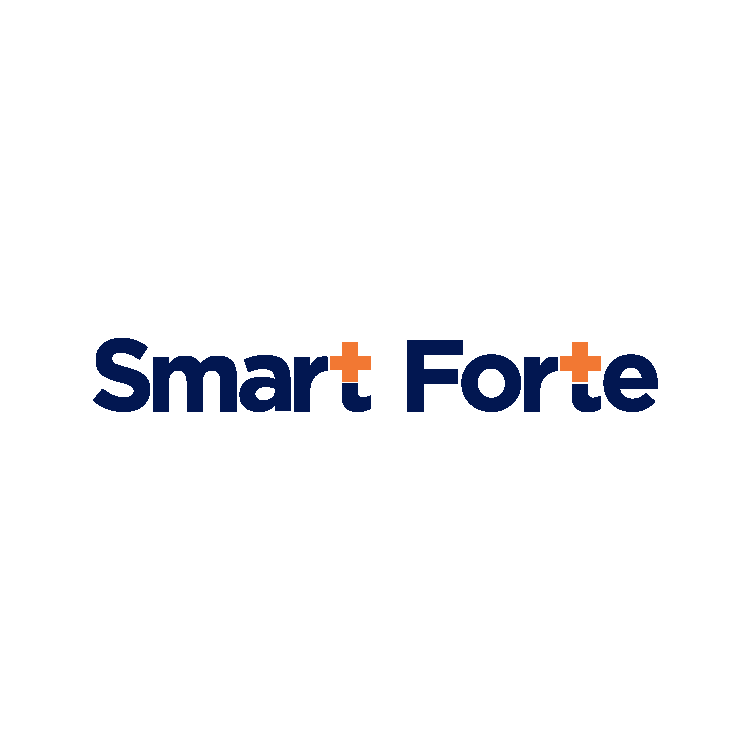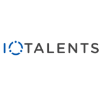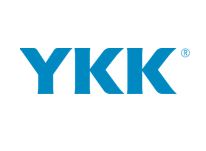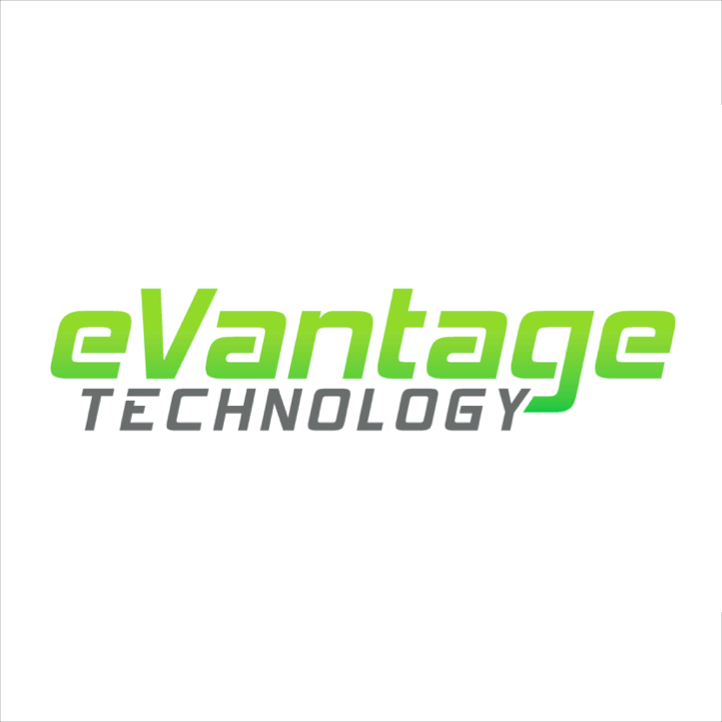1. Technical Skills
Operating Systems: Proficiency with common operating systems (Windows, macOS, Linux).
Hardware Knowledge: Ability to troubleshoot and maintain desktops, laptops, printers, and other peripherals.
Networking: Understanding of basic networking concepts such as TCP/IP, DNS, DHCP, and LAN/WAN technologies.
Software Support: Experience supporting common software applications, especially office suites (e.g., Microsoft 365) and enterprise software.
Active Directory: Experience managing user accounts, permissions, and group policies.
Remote Support Tools: Familiarity with tools like TeamViewer, Remote Desktop, or similar.
Ticketing Systems: Experience using ticketing systems (e.g., Jira, ServiceNow) to manage and resolve IT issues.
Cybersecurity Basics: Awareness of security best practices (e.g., antivirus software, firewalls, and data protection protocols).
























